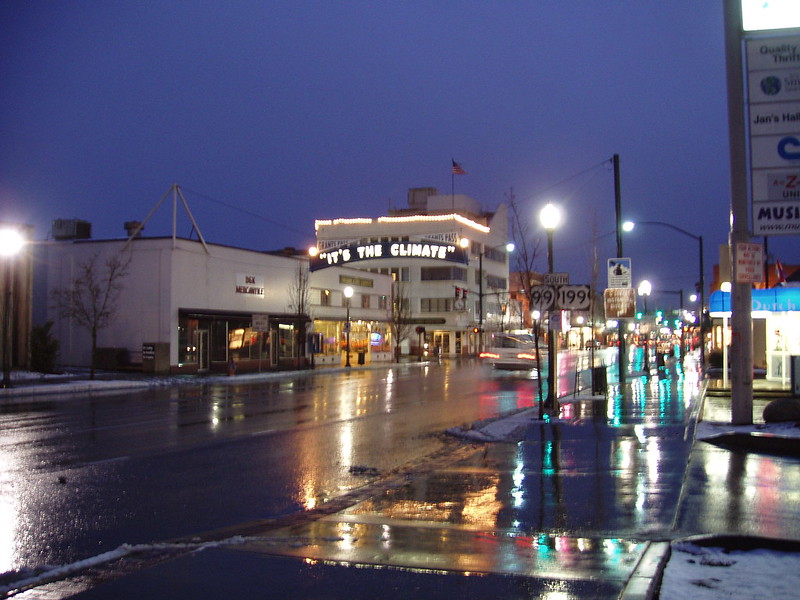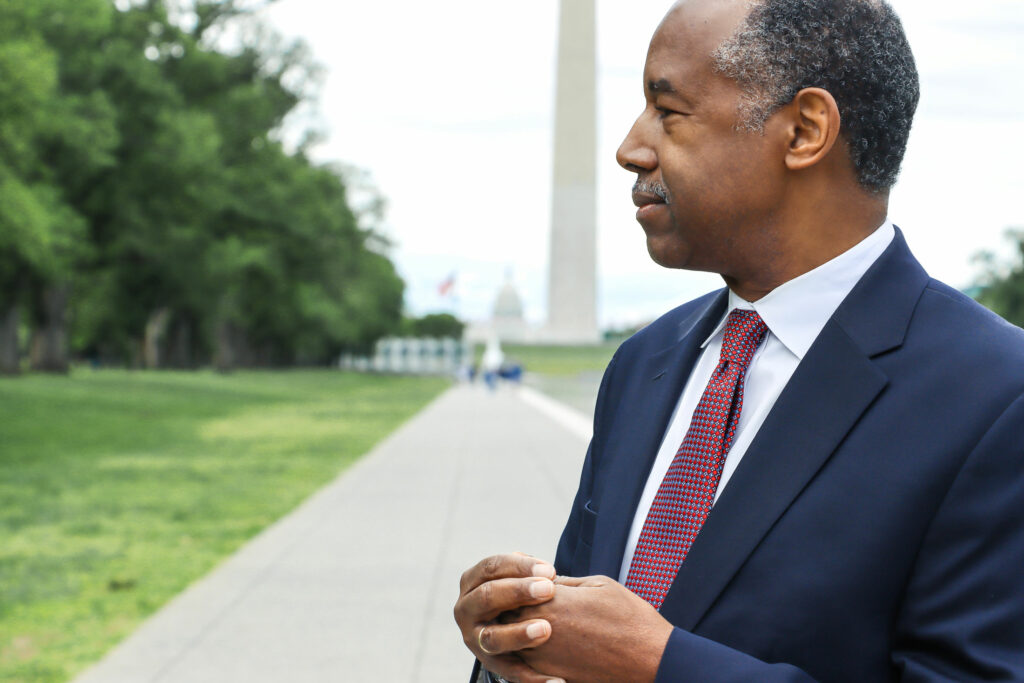 On Monday, the Supreme Court heard arguments about the measures a city can take to prevent homelessness in a pivotal case called City of Grants Pass v. Johnson. Grants Pass is a city in Oregon of about 39,000 people, which banned camping on public property, punishable by fines and even short-term jail stays for repeat violations.
On Monday, the Supreme Court heard arguments about the measures a city can take to prevent homelessness in a pivotal case called City of Grants Pass v. Johnson. Grants Pass is a city in Oregon of about 39,000 people, which banned camping on public property, punishable by fines and even short-term jail stays for repeat violations. Homeless advocacy groups brought a class action lawsuit against the city, arguing that prohibiting public vagrancy in such a manner violates the Eighth Amendment’s prohibition on cruel and unusual punishment. Perhaps unsurprisingly, the radical Ninth Circuit Court of Appeals agreed with that characterization and held that the city was unfairly punishing individuals for their involuntary homeless status — even though many of these individuals had rejected housing for a variety of reasons, including “no pet” policies and requirements that they follow other basic housing rules.
In their decision, the Ninth Circuit ruled that homelessness is considered “involuntary” when the number of homeless individuals in a locality is greater than the number of available beds, affirming their 2018 holding in the controversial case Martin v. Boise, which the Supreme Court previously declined to take up. However, both religious and sobriety-oriented homeless shelters are excluded from the “available beds” count, which severely restricts a locality’s ability to meet the ever-growing demands of the homeless population.
The Martin ruling further hampers the efforts cities can take to combat the explosion of homelessness across the country. As of the most recent estimate, there are currently over 653,000 homeless individuals in America today, which is a number larger than the population of multiple states. And the problem continues to get worse; according to the most recent “point in time” count from the U.S. Department of Housing and Urban Development — the government’s estimate of the number of homeless individuals across the country — homelessness increased by 12 percent between 2022 and 2023, with a 15 percent increase in major cities.
Even some liberals see the insanity in this ruling. California Governor Gavin Newsom, for instance, has filed an amicus brief asking the Supreme Court to overturn this Ninth Circuit decision because it inhibits the ability of local leaders to clear encampments and address the numerous health and public safety dangers that homeless encampments pose, which has become a particularly acute problem in California.
Such rulings tie the hands of cities and local officials to combat the rise of homelessness in their own cities. It also inaccurately presumes that homelessness is caused merely by a lack of housing. By reading bans on public camping as “cruel and unusual punishment” under the Eighth Amendment, circuit court judges are taking policymaking out of the hands of legislators — and, by effect, the people themselves — and instead instituting their own policy preferences as activist judges.
Furthermore, the idea that the American Founders meant for the Eighth Amendment to mean that everyone has a right to set up a tent in the street is not grounded in history or law. There is no constitutional basis for arguing that the prohibition on “cruel and unusual punishment” was meant to give people a right to camp out in public places.
These decisions are better suited for voters at the ballot box than judges in the court. It is insanity to believe that America’s Founders intended the Eighth Amendment to mean that cities could not try to stop the blight of homelessness from taking over their cities. As America’s homelessness problem continues to grow, let’s hope that the Supreme Court’s constitutionalist majority rejects such rulings and frees local communities to govern themselves as they see fit.
